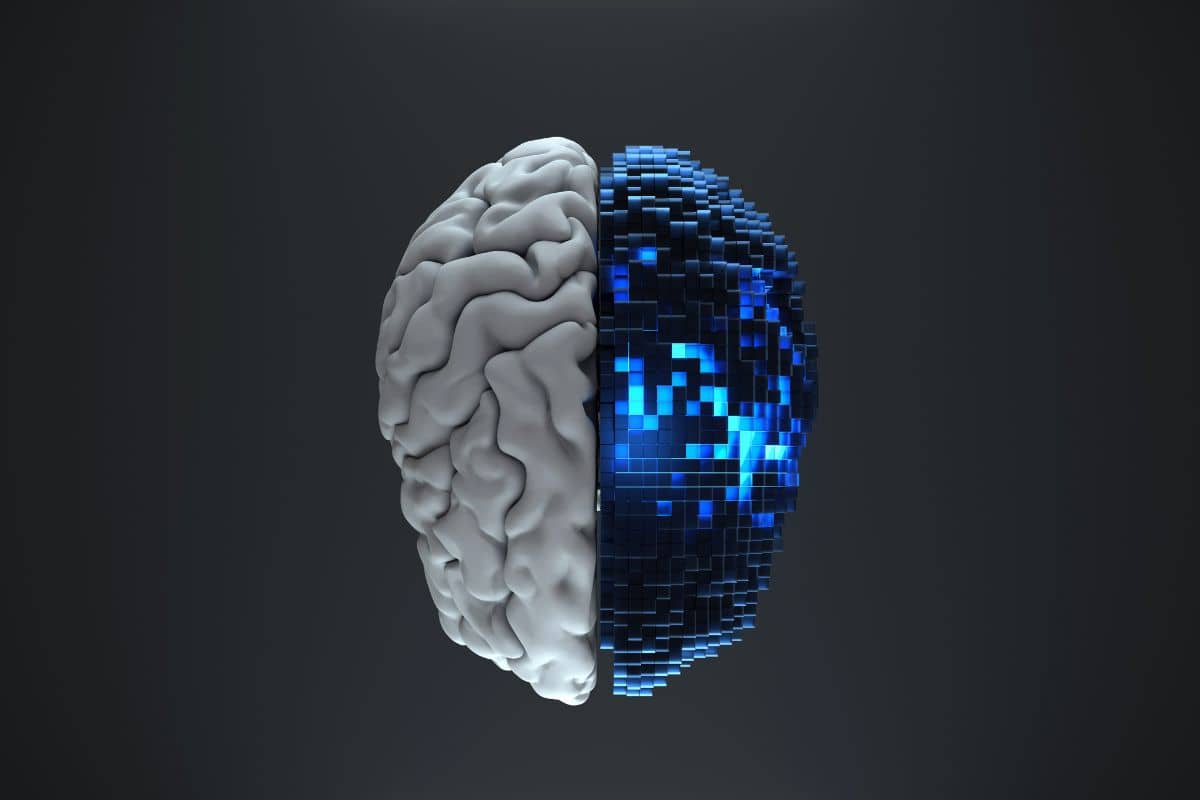Introduction
Artificial intelligence (AI) stands as a testament to human ingenuity, but behind its remarkable advancements lie the brilliant minds who laid its foundations. Delving into the history of AI unveils a tapestry of innovators, each contributing their unique insights and expertise to shape this transformative field. Let’s embark on who is the founder of artificial intelligence.
1. Alan Turing
Hailed as the father of theoretical computer science and AI, Alan Turing’s groundbreaking work laid the groundwork for the development of intelligent machines. In his seminal paper “Computing Machinery and Intelligence,” Turing introduced the concept of the Turing Test, a benchmark for gauging a machine’s ability to exhibit human-like intelligence. His visionary contributions continue to influence AI research and development to this day.
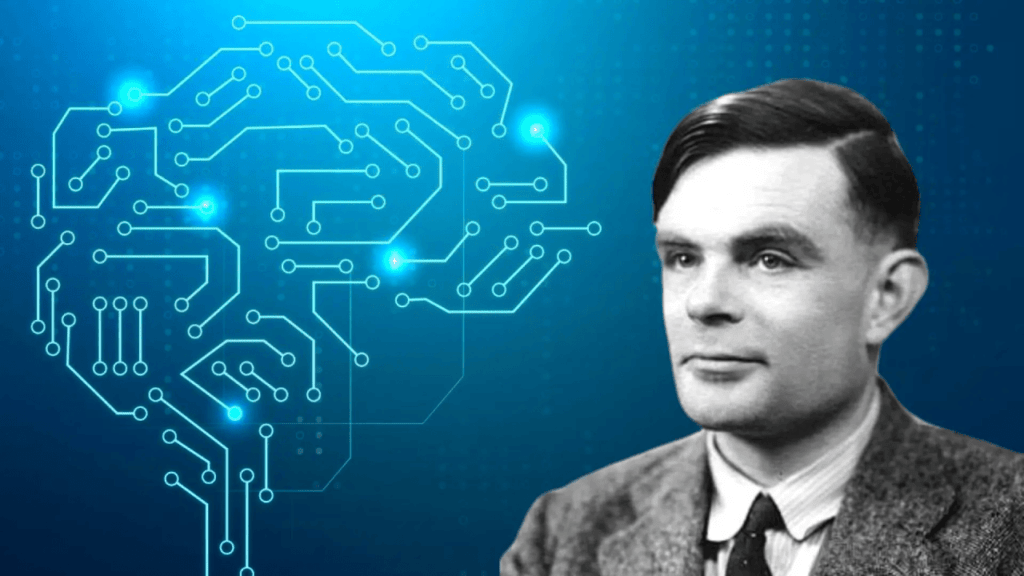
Image by Google
2. John McCarthy
Renowned as the father of AI, John McCarthy coined the term “artificial intelligence” and organized the seminal Dartmouth Conference in 1956, which marked the birth of AI as a field of study. McCarthy’s pioneering efforts led to the development of the first AI programming language, LISP, and laid the groundwork for early AI research and experimentation.
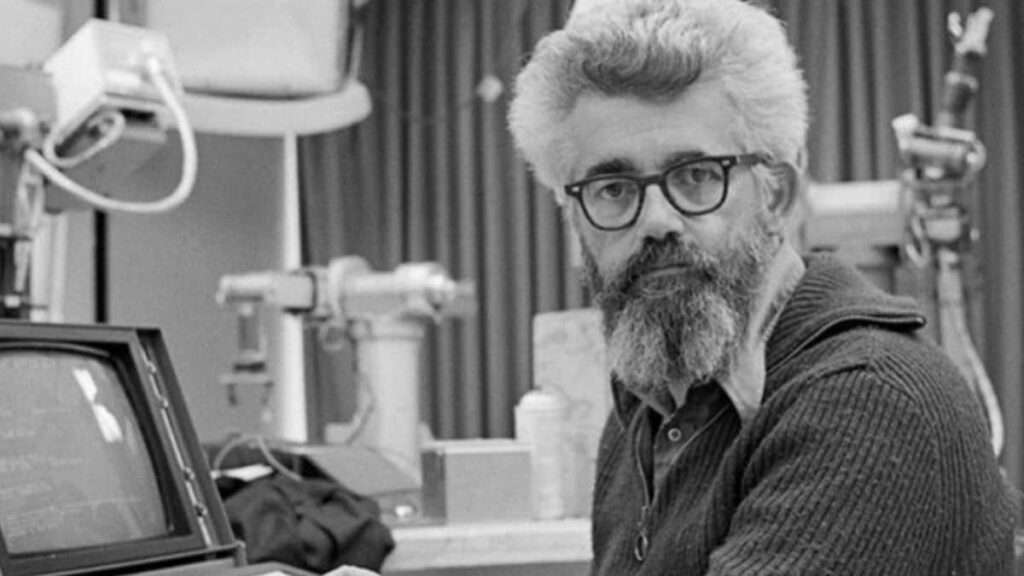
Image by Google
3. Marvin Minsky
A trailblazer in cognitive science and AI research, Marvin Minsky made significant contributions to the study of neural networks, robotics, and human-computer interaction. His seminal work on perceptrons and frames laid the foundation for modern AI technologies, inspiring generations of researchers to explore the complexities of intelligence and cognition.
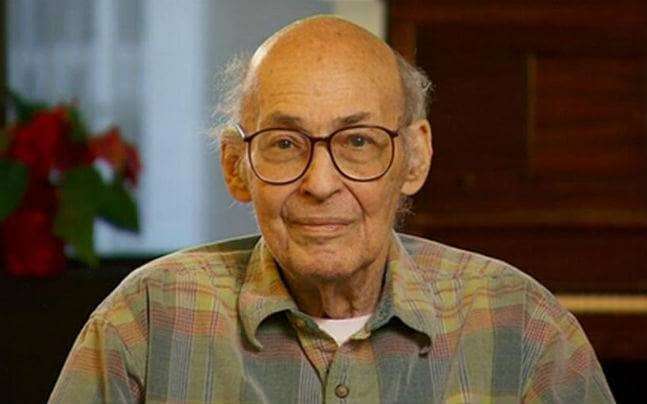
Image by Google
4. Herbert Simon and Allen Newell
Herbert Simon and Allen Newell were instrumental in advancing the field of AI through their pioneering work on problem-solving and symbolic computation. Their groundbreaking Logic Theorist program, developed in the late 1950s, demonstrated the potential of AI systems to emulate human problem-solving skills, paving the way for subsequent AI research and applications.
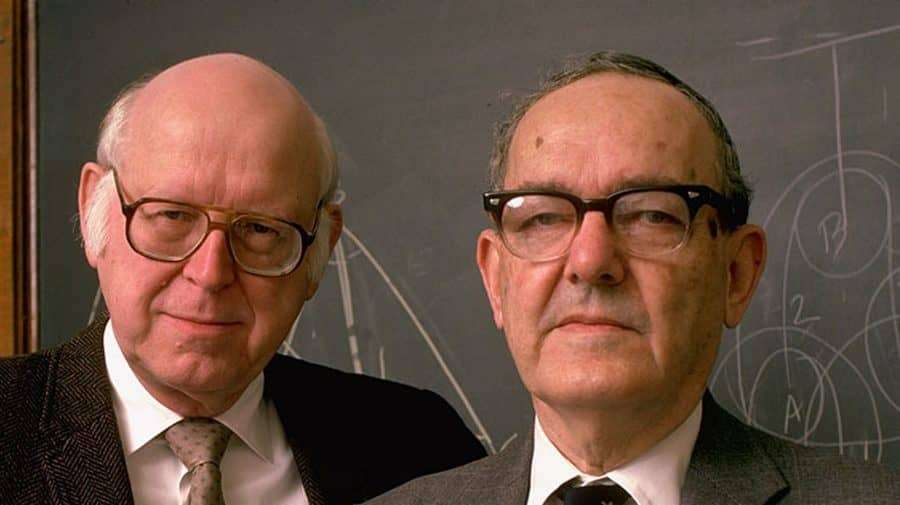
Image by Google
Conclusion: Who is the Founder of Artificial Intelligence
In conclusion, the founders of artificial intelligence have left an indelible mark on human history, shaping the trajectory of technological innovation and reshaping the way we interact with machines. From Alan Turing’s theoretical insights to John McCarthy’s organizational prowess and Marvin Minsky’s visionary research, each luminary has played a pivotal role in advancing the frontiers of AI. As we navigate the ever-evolving landscape of artificial intelligence, let us pay homage to these trailblazers and continue their legacy of pushing the boundaries of human knowledge and understanding.
Video by 60 Minutes YouTube Channel
FAQs
1. What inspired Alan Turing to delve into the field of artificial intelligence?
Alan Turing’s fascination with the human mind and its computational capabilities fueled his interest in artificial intelligence, driving him to explore the possibility of creating intelligent machines.
2. How did the Dartmouth Conference shape the trajectory of AI research?
The Dartmouth Conference served as a catalyst for AI research by bringing together leading scientists and researchers to define the goals and scope of the field, laying the foundation for future advancements in AI.
3. What are some of the enduring contributions of Herbert Simon and Allen Newell to AI research?
Herbert Simon and Allen Newell’s work on problem-solving and symbolic computation laid the groundwork for modern AI technologies, influencing the development of expert systems, cognitive architectures, and artificial neural networks.
4. When did the concept of artificial intelligence originate?
The concept of artificial intelligence has its roots in ancient myths and folklore, but the modern idea of AI as a scientific discipline emerged in the mid-20th century. It gained prominence with the Dartmouth Conference in 1956, where the term “artificial intelligence” was officially coined, marking the beginning of AI as a field of study.
5. What are some key applications of artificial intelligence today?
Artificial intelligence finds applications across various industries and domains, including healthcare (diagnosis, drug discovery), finance (algorithmic trading, fraud detection), retail (recommendation systems, inventory management), transportation (autonomous vehicles, route optimization), and entertainment (personalized content recommendation, gaming).
